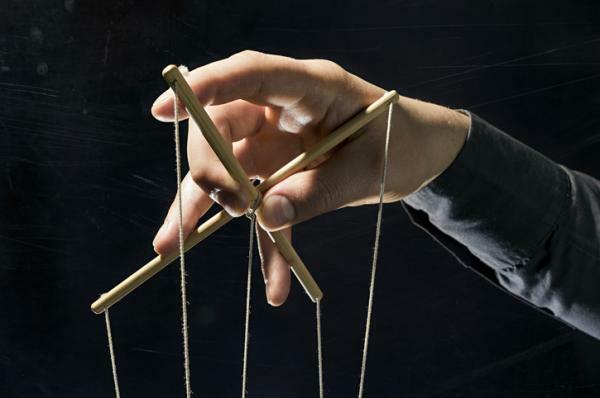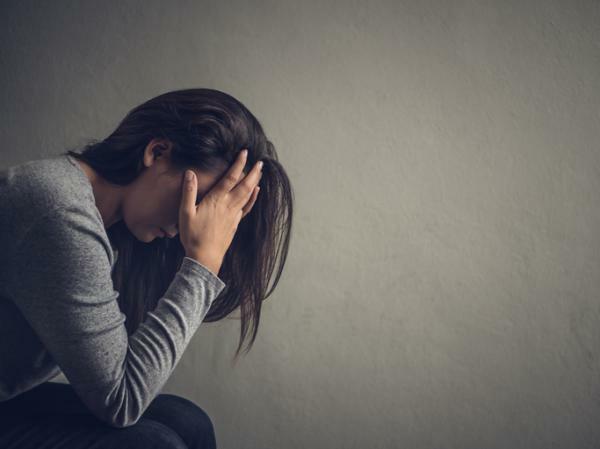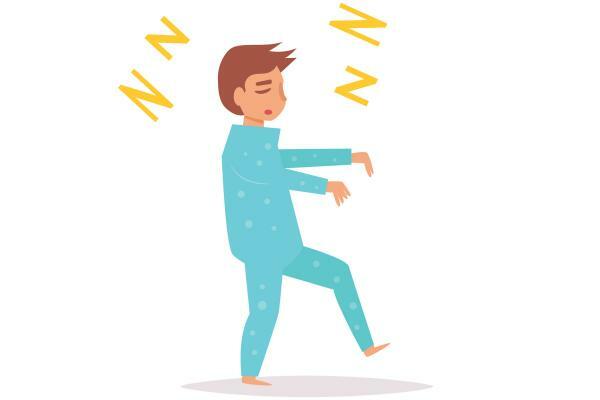
Parasomnias are disturbances in sleep behavior, characterized by brief periods of awakening, which appear in childhood and / or adolescence and can last into adulthood. These alterations produce night terrors and are more common than we imagine.
Specifically, they have a maximum incidence in childhood, with a prevalence of approximately 15%. Despite this, the concept of parasomnia is scarcely known by people outside the specialty of sleep disorders. Therefore, in this Online Psychology article, we bring you what are parasomnias: symptoms, causes, types and treatment.
You already know what causes parasomnia and the typical symptoms that occur for this sleep disorder. Now, we will reveal what are the types of parasomnia. To do this, you should know that parasomnias can be classified into two large groups: parasomnias of awakening and parasomnias associated with REM sleep.
The parasomnias of awakening
-
Somnambulism. It is a common childhood sleep disorder that lacks treatment. It is characterized by carrying out some movement or activity while sound asleep, for example, walking. Sleepwalkers often don't remember what they did while they slept.
- Night terrors. This disorder manifests itself in periods of deep sleep. The person suffering from this disorder tends to scream, cry and show facial expressions of terror. It is also characterized by an increase in heart rate, the appearance of sweating and an increase in respiration. Night terror in children is normal, it is part of childhood.
- Confusional awakening. This type of awakening arises when people wake up disoriented and with a decrease in brain speed and attentional response to stimuli.
Parasomnias associated with REM sleep
- REM sleep behavior disorder. Not sure what is NREM parasomnia? It consists of performing abnormal movements, such as punching and violent kicks, which can cause self-harm or damage to third parties.
- Isolated sleep paralysis. This paralysis usually lasts seconds or minutes. It manifests itself through the inability to perform voluntary movements with the head, trunk, or extremities due to loss of muscle tone.
- Nightmares. The well-known nightmares refer to unpleasant dreams that generate fear in the people who suffer from them, who usually remember the content of the nightmares when they wake up. In childhood, it is recurrent for children with night terrors and nightmares to have a hard time at night.
As noted in the previous section, parasomnias can be of various types. Treating this sleep disorder it will depend on the type of parasomnia that each person states, since some do not have treatment or do not require it.
People who suffer from parasomnias that do not require treatment can follow a series of indications that reduce the possibility of their appearance:
- Do light dinners and before bedtime.
- Limit the use of screens before sleeping.
- Avoid using drugs or alcohol.
- Do not self-medicate.
- Accompany if necessary.
However, parasomnias that need treatment, such as REM sleep behavior disorder, have specific drug treatment. So what is the best parasomnia treatment in this case? Benzodiazepines are commonly used, specifically clonazepam. Therefore, it is essential go to the doctor and perform a sleep assessment.
Similarly, parasomnias and night terrors lead to psychological consequences. Mainly, anxiety symptoms arise linked to the fact of not having a completely restful sleep. We tell you more about it in What happens if you don't sleep?
Therefore, the modification of sleep habits and factors can also be carried out. environmental, as well as the application of relaxation techniques as you can consult in our Article Breathing exercises to calm anxiety.
If, despite putting into practice all of the aforementioned, parasomnias continue to create significant discomfort or limit your daily life, do not hesitate to go to a psychologist specialist in sleep disorders. Since, perhaps you require individual therapy, that is, a more precise accompaniment that takes into account your particular needs.
This article is merely informative, in Psychology-Online we do not have the power to make a diagnosis or recommend a treatment. We invite you to go to a psychologist to treat your particular case.
If you want to read more articles similar to Parasomnias: symptoms, causes, types and treatment, we recommend that you enter our category of Clinical psychology.
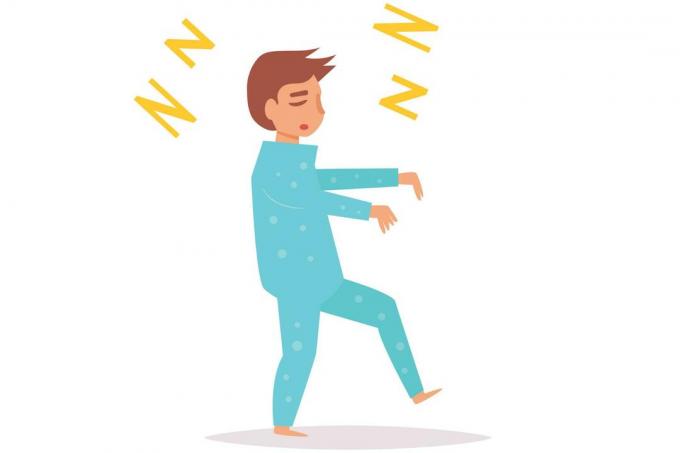
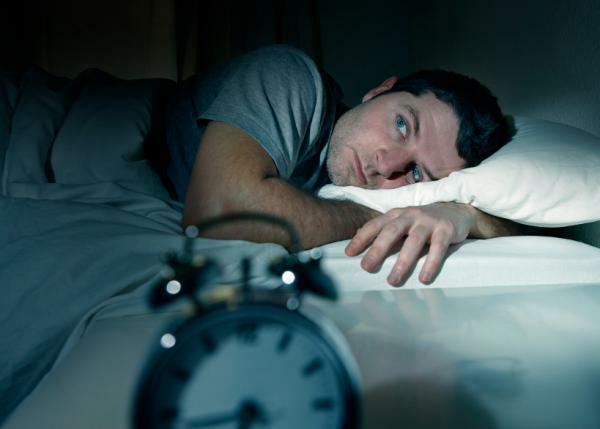
1 from 2
Parasomnias: symptoms, causes, types and treatment
